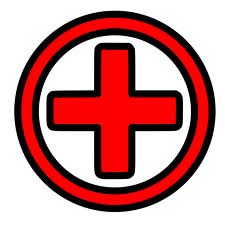 |
|
A medical emergency on Board can threaten the best-laid cruising plan. These first aid tips begin with suggesting you take a good first aid training course and then develop a well-stocked first aid kit, These are as important as knowledge of your boat's systems and a proper tool kit.
DISCLAIMER
The first aid information in this article is meant for basic informational purposes only. It is not intended to serve as medical advice or substitute for a doctor’s opinion. Users of this website are advised to consult with their physician before making any decisions concerning their health. Great-Lakes-Sailing.com disclaims any responsibility for and shall have no liability for any damages, loss, injury, or liability suffered as a result of reliance on the information contained herein.
If you have questions about any medical matter, you should consult your doctor or other healthcare provider. Do not ever delay seeking medical advice, disregard medical advice, or discontinue medical treatment because of information found here.
By continuing, you agree to these terms and conditions. If you do not agree with these, please do not continue on in the site.
Everything begins with preparation. I think the most important first aid tips include a good first aid course, the creation of a good first aid kit (including a ditch bag), a review of all prescriptions and the creation of a small library of reference books.
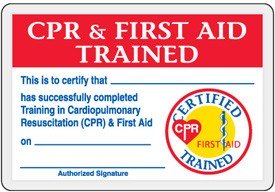 |
Good first aid courses can be found in most communities. In Ontario, the Canadian
Red Cross and St. John Ambulance run regular first aid courses. If you live
in a smaller community, you may have to drive to a larger centre to
join a course. |
In the Greater Toronto Area, the EMS - Toronto Emergency Medical Services (the men and women who drive the ambulances!) offer excellent first aid courses. As well, the Ontario Workplace Safety Insurance Board has an online directory of 40 companies across the province that offer recognized first aid courses.
On the American side of the lakes, the American Red Cross is active in communities in every Great Lake state. In addition, there are numerous private firms and organizations offering courses in each state. If you belong to a yacht club, you could organize a course for members – an excellent, off-season training activity.
|
A proper first aid kit is vital for a cruising boat. There are many commercial ones available or you can create your own. Personally, I prefer the later because I can tailor it to suit my needs and desires. Commercial kits are available from large marine chandleries and outdoor sports outfitters. |
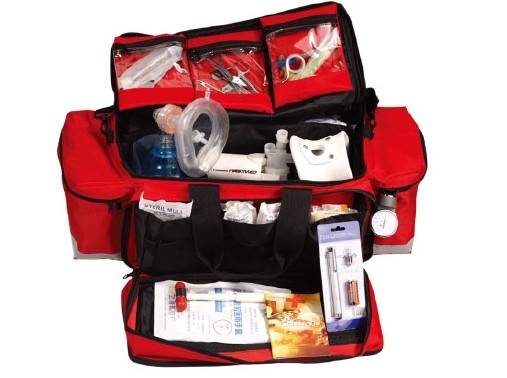 |
If you need advice on contents, you can ask your doctor, a pharmacist or another medical professional for some ideas. I have put together some ideas on the contents of a first aid kit. Use this as a starting point to create your own. I also believe that you should have an emergency first aid kit in your ditch bag (you do have a ditch bag, don't you?) It may not be as complete as your ship's medical kit but it could contain vital first aid necessities.
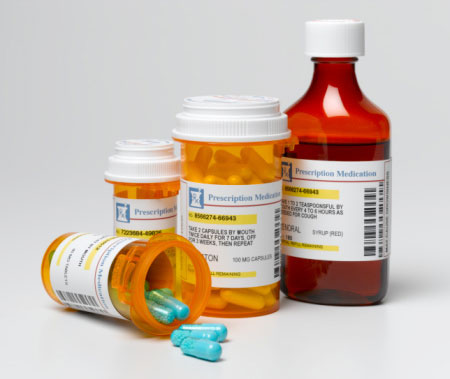 |
Review your prescription medications with your doctor. Ensure that you have sufficient supplies of needed medications to last your cruise or make arrangements for refills. Also, ask your doctor about any suggestions for your first aid kit. |
|
He or she may have some prescription medications that they suggest that you carry. Have copies of any prescriptions on letterhead and store them with your ship's papers. |
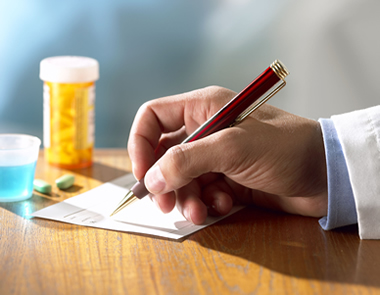 |
There are many good books on first aid widely available.Two of the best books are “Where There Is No Doctor” and “Where There Is No Dentist”. PDF copies can be found in the FREE RESOURCES section or click here.
There are two professional commercial ship's medical guides: “The Ship Captain's Medical Guide” and “The Ship's Medicine Chest and Medical Aid at Sea”. The former is a free pdf download from the UK Maritime and Coastguard Agency. It is 229 pages and has been referred to as a 'medical Bowditch'. The latter, weighing in at about 410 pages, is published and made available by the US Public Health Service for the US Merchant Marine. Copies of both can be found on the RESOURCES page.
Generally, most common medical emergencies will fall under one or another of the following categories: seasickness, wounds, burns, fractures, heart attack, hypothermia (extreme cold), heat stroke (extreme overheating) and diabetes. Click on the links below for more detailed information on each of these types of medical issues.
Return from First Aid Tips to HOME
The Complete Log Book For Cruising Sailors
written by a sailor for sailors
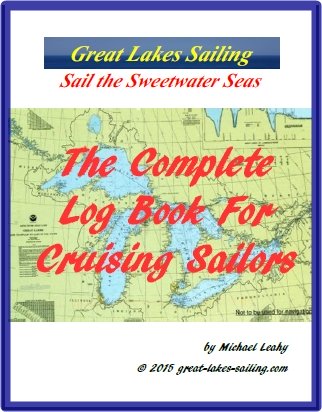
a practical, easy-to-use yet thorough format to record all of the necessary information about your boat and any cruises you take – whether exploring home waters or voyaging to distant ports across the Great Lakes.
.
Click here for more details

The Most Complete Marine Bookseller on the Great Lakes
Order Online - Shipped Everywhere
The Nautical Mind: